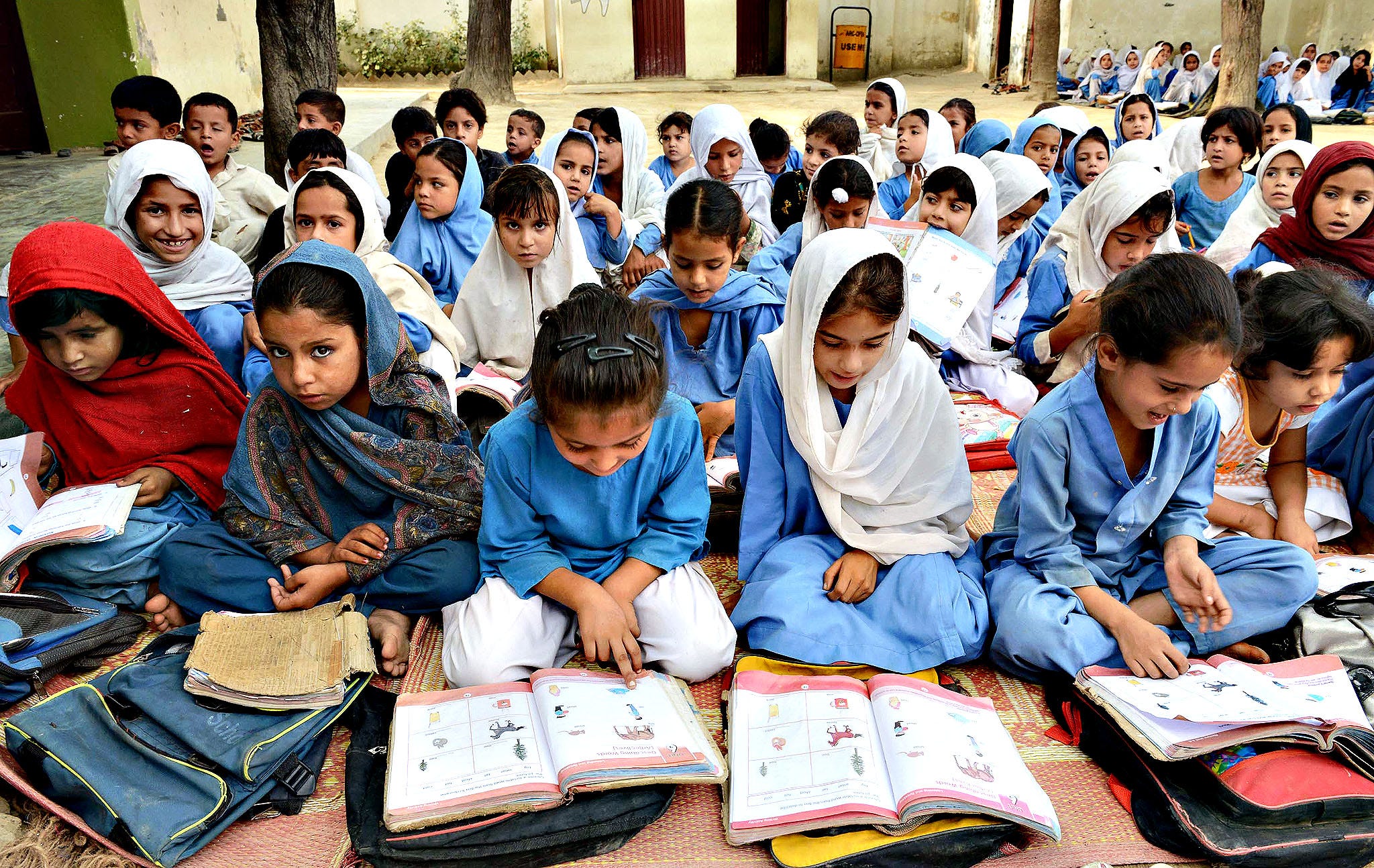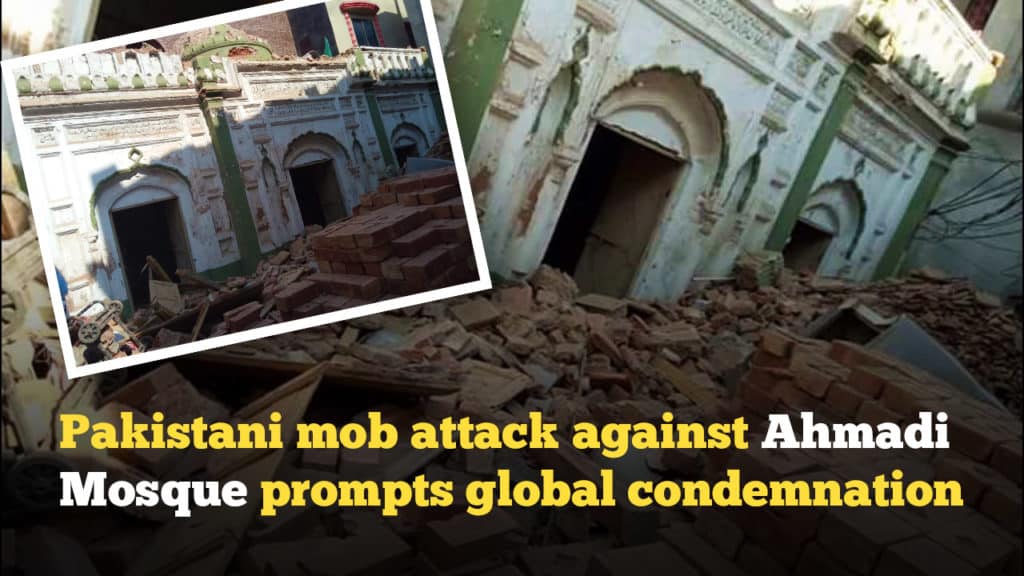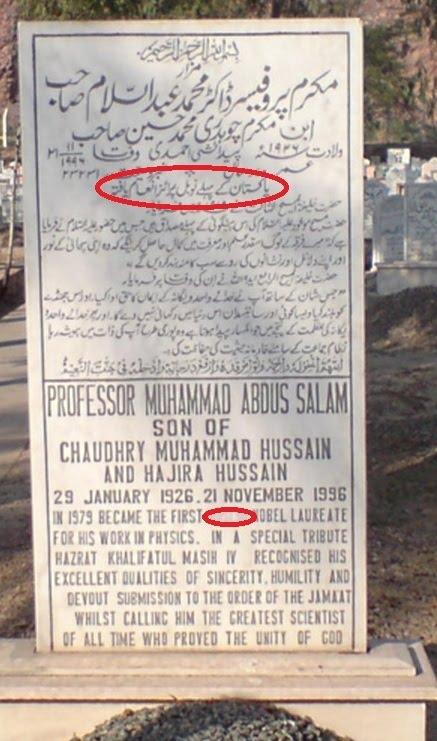Being born in Minority in an extremist country yields a difficult life. One full of discrimination, helplessness, abuses and what not. Stories of people who have faced hardships and lost loved ones just because they belong to a minority are heartbreaking. In this article we would not be discussing those tragic stories. Instead we will try to keep it fact and statistics based. We will first have a brief discussion about Pakistan. We will later discuss the Blasphemy Law and have a glance at the Major Minorities of Pakistan – Hindus, Christians and Ahmadis.
Pakistan and Extremism
Pakistan, a country born on 14th August 1947 out of partition from India. Pakistan is officially an Islamic Country which is officially recognized as Islamic Republic of Pakistan. Pakistan has a population of 208.57 Million ( 2020 ).
Pakistan has a very small minority of less than 4%. Muslims are +96% majority and the minority religions include Hindus, Christians and Parsis. Ahmadis are the Muslims in Pakistan which are officially banned from recognizing themselves as Muslims so they too are a minority ( 4 Million in 2017 ).

“I do not agree that religion is a private affair of the individual nor do I agree that in an Islamic state every citizen has identical rights, no matter what his caste, creed or faith be”
Khawaja Nazimuddin, the 2nd Prime Minister of Pakistan
Pakistan has been ruled by dictators for quite some time in its journey of 70 years and has evolved an extremist country. So much so that the current Prime Minister of Pakistan Imran Khan referred to the infamous Osama Bin Laden as Myrter.
Pakistan had witnessed an increase in “provocative statements that promote intolerance and are an incitement to extremist violence.”
Anne W. Patterson, United States ambassador to Pakistan ( 2015)
The extremism in Pakistan is not just a public sentiment. They have made some exploitable laws in their constitution. This becomes a base for courts to give judgments and punishments for crimes. A biased justice system is usually an important factor for oppression of minorities in any nation.
Justice system of Pakistan is ranked 120th out of 128 countries in the world [Reference].
Pakistan is also ranked 2nd in Most Death Sentences after China. [Reference]
In 2016 Sindh with Pakistan’s largest Hindu minority passed a bill that outlawed forced conversions. This was done because abducting and raping minority girls and then forcefully marrying her to a muslim was not a very rare incident.
In November 2019, a parliamentary committee was formed to prevent act of forced conversion in Pakistan.
One such rule they have in their constitution is Blasphemy Law. Most accused of blasphemy have been murdered.
Blasphemy Law of Pakistan
Pakistan is said to have the strictest anti-blasphemy laws among the muslim majority countries.
The prime purpose of those laws is to protect Islamic authority.
| PPC | Description | Penalty |
| 298 | Uttering of any word or making any sound or making any gesture or placing of any object in the sight with the deliberate intention of wounding the religious feelings of any person. | 1 years imprisonment, or fine, or both |
| 298A | Use of derogatory remarks etc., in respect of holy personages. 1980 | 3 years imprisonment, or fine, or both |
| 298B | (Ahmadi blasphemy law) Misuse of epithets, descriptions and titles etc., reserved for certain holy personages or places, by Ahmadis. 26 April 1984 | 3 years imprisonment and fine |
| 298C | (Ahmadi blasphemy law) Aka Ordinance XX: f a Muslim, or preaching or propagating his faith, or “in any manner whatsoever” outraging the religious feelings of Muslims, or posing himself as a Muslim. 26 April 1984 | 3 years imprisonment and fine |
| 295 | Injuring or defiling places of worship, with intent to insult the religion of any class | Up to 2 years imprisonment or fine, or both |
| 295A | Deliberate and malicious acts intended to outrage religious feelings of any class by insulting its religion or religious beliefs. 1927[20] | Up to 10 years imprisonment, or fine, or both |
| 295B | Defiling, etc., of Quran. 1982[21] | Imprisonment for life |
| 295C | Use of derogatory remarks, spoken, written, directly or indirectly, etc. defiles the name of Muhammad or other Prophet(s) 1986 | Mandatory Death and fine (Feb. 1990[22])Trial must take place in a Court of Session with a Muslim judge presiding.[23] |
Before 1986 only 14 cases of Blasphemy were reported. After the addition of some of the above mentioned sections in Pakistan Constitution, from 1986 to 2017, more than 1500 cases of blasphemy have been reported. Around half of them were non-muslim people who represent less than 4% of national population.
Those accused of blasphemy are immediately imprisoned and are denied bail. In most cases, the accused of blasphemy are put in solitary confinement for their own protection from other inmates and guards.
Those who have served a sentence for blasphemy or are acquitted for the same, usually go into hiding or leave Pakistan.
Government also monitors Blasphemy online. Websites like Youtube and Twitter have also been asked to remove content or are banned for some time in Pakistan over the issues of Blasphemous content.
Pakistan also banned Facebook for sometime for hosting a page called “Everybody Draw Muhammad Day”. The Pakistan Government thereafter closely monitors other websites such as Google, Bing, and Amazon as well.
Notorious Blasphemy Incidents :
- In 2013, Junaid Hafeez, a visiting lecturer of English in Bahauddin Zakariya University, was arrested and jailed on blasphemy charges. A student affiliated with Islami Jamiat Talaba, accused Hafeez of insulting the Prophet Muhammad on Facebook.
There was no evidence for this allegation and still Hafeez remains in jail.
His friend Rashid Rehman who was Lawyer and special coordinator of Human Rights Commission of Pakistan stepped in to help him. In may 2014, 2 men walked up to his office and shot him. The 2 men have never been caught just like other such murders of Blasphemy accused. - In 2019, Ramesh Kumar Malhi, a doctor from Sindh, was arrested and charged with blasphemy after a priest said he had delivered medicine wrapped in verses from the Quran. Conviction under Pakistan’s blasphemy law carries a sentence of death.
- Muhammad Asghar, a British businessman who returned to live in Pakistan in 2010 was arrested for blasphemy and sentenced to death after he wrote letters claiming he was a prophet. Asghar has a history of mental illness, including a diagnosis of paranoid schizophrenia. In September 2014, he was shot in the back by a prison guard.
- Sajjad Masih, a member of the “Seventh Day Adventist” Christian community, was sentenced to life in prison on blasphemy charges after sending an SMS to a religious extremist group in 2011, which was said to have contained blasphemous content. It was reported in some places that the charges came about as a result of a grudge held by an acquaintance of his.
- In March 2014, a Christian man from Lahore, Sawan Masih, was convicted of making derogatory remarks against the Prophet Muhammad in a row with a Muslim friend. After the allegations surfaced, hundreds of Muslims attacked Lahore’s Christian Joseph colony, torching homes,. His trial was held in jail due to fears for his safety. Masih was sentenced to death. He argues that the real reason for the blasphemy allegation was a property dispute between him and his friend.
- In July 2020, Tahir Ahmed Naseem, a member of the minority Ahmadiyya community, was shot multiple times in the middle of a crowded courtroom in Peshawar. The shooter was apprehended on the spot who was regarded as National Hero on Social Media.
Pakistan’s Biased Education System

According to Tribune Express Pakistan was ranked 50th for its education system where the list had UK and USA at top and India at 25th Rank. Out of 100 Points, Pakistan education system earned 9.2 points score.
In 2011 the United States Commission on International Religious Freedom (USCIRF) released a report on the public schools and Madrassas in Pakistan.
The major findings of this report are that the content of Pakistani public school textbooks related to non-Islamic faiths and non-Muslims continue to teach bias, distrust, and inferiority. Moreover, the textbooks portray non-Muslim citizens of Pakistan as sympathetic towards its perceived enemies: Pakistani Christians as Westerners or equal to British colonial oppressors, and Pakistani Hindus as Indians, the arch enemy of Pakistan.
Another significant issue is the inclusion of widely-disputed historical “facts” presented as settled history. Consider this quote found on page 23 of the tenth grade Urdu textbook:“Because the Muslim religion, culture and social system are different from non-Muslims, it is impossible to cooperate with Hindus.”This kind of education closes all doors for a new generation of Pakistani Muslims to see a peaceful future with Hindus of India, and worse yet, it provides a rationale to treat Pakistani Hindus as outsiders. In contrast, it ignores how Hindus and Muslims have cooperated and coexisted peacefully for centuries in the sub-continent.
“There were two enemies of Muslims, the Englishmen and Hindus. Both of these were against the formation of Pakistan. On one hand, the Englishmen renounced the division plan of Hindustan, while on the other hand, Hindus were planning to occupy the entire Hindustan and enslave Muslims….”
Pakistan Urdu Textbook, Grade 7, Sindh Textbook Board, p.14
The study concluded:
- Public school textbooks used by all children often had a strong Islamic orientation,
- Public school and madrassa teachers had limited awareness or understanding of religious minorities and their beliefs, and were divided on whether religious minorities were citizens;
- Teachers often expressed very negative views about Ahmadis, Christians, and Jews, and successfully transmitted these biases to their students;
- Interviewees’ expressions of tolerance often were intermixed with neutral and intolerant comments, leaving some room for improvement.
For more details about this report, visit https://www.uscirf.gov/reports-briefs/special-reports/teaching-intolerance-in-pakistan-religious-bias-in-public-school
Minorities in Pakistan
As mentioned earlier, Pakistan has a very small minority of less than 4%. Most of Pakistan muslim population belong to Sunni sect. There is still some Shiha community. Out of all the minority religions including jews and parsis, these 3 are the largest. Ahmadi, Hindus and Christians. Lets talk about each of them in brief.
Ahmadi
Ahmadi muslims are the followers of Ahmadiyya movement.
In 1984, General Zia-ul-Haq, the then military ruler of Pakistan, issued Ordinance XX. It was supposed to prevent “anti-Islamic activities”, forbidding Ahmadis to call themselves Muslim or to “pose as Muslims”. This means that they are not allowed to profess the Islamic creed publicly or call their places of worship mosques.
The Ahmadi community released a persecution report in 2018 in which the discrimination faced by Ahmadis in Pakistan. The report says that 77 Ahmadis were booked under discriminatory religious laws in 2017, with nine still in prison “on faith-related allegations”, and four Ahmadis were murdered in hate crimes in Pakistan.

A separate report on Pakistani media listed 3,936 news items and 532 editorial pieces from Pakistan’s Urdu-language media that contained “hate propaganda” against the Ahmadi community.
In September 2018, several Islamist groups in Pakistan publicly opposed the selection of Atif Mian, as a member of the government’s Economic Advisory Council. He was removed less than a week after selection owing to pressure from Islamist groups just because he was Ahmadi.
Ahmadis in Pakistan are also barred by law from worshipping in non-Ahmadi mosques or public prayer rooms, performing the Muslim call to prayer, using the traditional Islamic greeting in public, publicly quoting from the Quran, preaching in public, seeking converts, or producing, publishing, and disseminating their religious materials.

The word Muslim was erased from the gravestone of the Nobel prize winning theoretical physicist Abdus Salam, because he was an Ahmadi.
Christians
The total number of Christians in Pakistan was estimated at 4.0 million in 2020, or 2% of the population.[Reference] Of these, approximately half are Catholic and half Protestant. A small number of Eastern Orthodox Christians also live in Pakistan.
Around 75 percent of Pakistan’s Christians are Punjabi Christians.

According to an Open Doors claim in November 2017, Pakistan had the highest number of Christians killed in the world during the 12-month time period of 1 November 2015 to 31 October 2016, with 76 Christians being killed in the country.
Pakistan also topped the list of most number of documented church attacks, accounting for 600 of the total 1,329 churches attacked worldwide during the same time period.
Hindus
A survey carried out by All Pakistan Hindu Rights Movement Pakistan’s revealed that out of 428 Hindu temples in Pakistan only around 20 survive today and they remain neglected by the Evacuee Trust Property Board which controls those while the rest had been converted for other uses.
According to the Human Rights Commission of Pakistan data, just around 1,000 Hindu families fled to India in 2013. In May 2014, a member of the ruling Pakistan Muslim League-Nawaz (PML-N), Dr. Ramesh Kumar Vankwani, revealed in the National Assembly of Pakistan that around 5,000 Hindus are migrating from Pakistan to India every year.
A Pakistan Muslim League politician has stated that abduction of Hindus and Sikhs is a business in Pakistan, along with conversions of Hindus to Islam. Many Islamic extremists believe that it is an achievement to convert a Hindu into Islam, and to do so can earn one a blessing.
The conversions are backed by powerful religious institutions and leaders who also offer incentives to people to convert.[Reference]

Moreover, the perpetrators will often force the victim to sign a report saying that she converted and married on her own free will, hindering the attempts of the family to have their girl returned to them. Additionally, the perpetrators will often file counter-suits against the victim’s family for harassment and for attempting to convert the girl back to her former religion.[Reference]
Wrapping Up
Apparently Pakistan has a lot on its plate over poverty, inflation and infrastructure. Pakistan should work hard to solve its internal problems and eradicate terrorism instead of releasing new political maps claiming Indian territory. Neither China nor Saudi would be able to solve these problems for Pakistan. People of Pakistan should judge how aligned is their vision to FUTURE PAKISTAN with respect to the vision of their Government.
Do share it on Facebook and Whatsapp if you liked reading it. Share your views regarding this article in comments.


